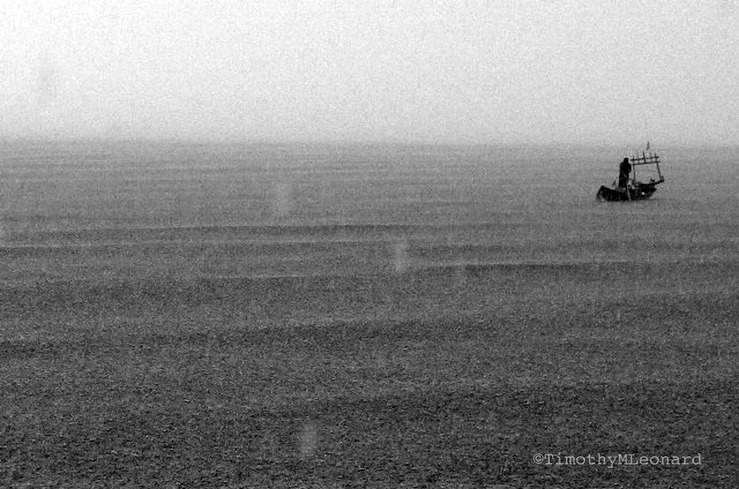I Lost One Day
Crows sang sunrise.
Lucky opened window blinds at the TLC teachers’ apartment. Riding the blinds sang a metaphorical cryptic railroad life. Hop a fright. Get out of town. Hit the highway. Get down the road.
Ain’t nothin’ but da blues, sweet thing.
When you come to a fork in the road take it, said Zeynep.
Sun streamed to pink-red veined orchids in a brushed silver container. Tibetan incense curled into light. Red gladioli, so glad, petaled beginning. Piano Etudes by Glass tinkled. A handful of dust labeled fear celebrated tonal frequencies. Piano fell silent. Violins picked up the slack hemming garments along life’s loom down at the crossroads making a Faustian deal with the d-evil.
In a new world order all the police are children.
They know how the world works.
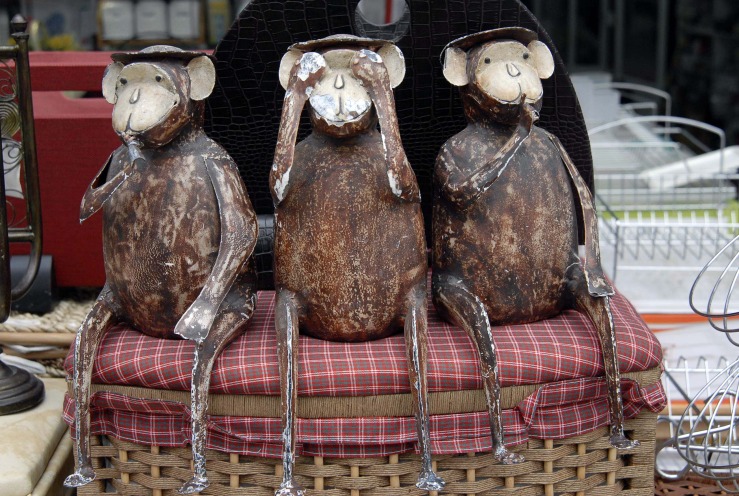
Elegant clouds observed pachyderms and Staunton designed pawns, knights, bishops, rooks and queens fighting to control four center squares.
Look at the board. Absorb all the data. Recognize patterns. Analyze. Develop a strategy. Continually revise and develop that strategy as the game progresses, said Bamboo.
A black knight waving a curving scimitar and a 1* red and yellow hammer sickle flag driving a Turbo-bus filled with Russian baboons passed Hanoi beauty salons and full-body soapy massage parlors.
Girls trimming, buffing and painting cuticles greeted 1.9 million neurotic European tourists and swarming Asian locusts in a fat fucking hurry at Angkor Wats happening?
Bright yellow Turkish taxis idled coughing engines. Arabesque musicians fingered ouds as an operatic Turkish singer in Bursa lamented her melancholic love. Percussionists hammered goatskins.
Singing silver merchants chanted, Mr. Lucky Foot come here. First sale lucky sale make my day.
He joined a Jewish and Turkish man drinking tea at the Bursa silk market in an exquisite stone Caravansary.
I lost today, said the Jewish man.
What do you mean, said his friend. You made 3,000,000 Lira.
Yes, but I lost one day.
Inside a 500-year old hammam, steam rising through rusting metal bars discovered a weak Wi-Fi signal from the Achebadem emergency room staffed by Winter Hawk, Bamboo and heartbroken howling Lone Wolf.
After a sauna Omar and Lucky entered a white marble room with a high vaulted dome. Thirty-two pinpoints of sunlight shafted across blue mosaic tiles. In eight recessed cubicles men soaped, slathered and scrubbed off melting skin in humid heat. A robust masseuse worked sandpaper fibers over a stranger removing dead terrorist cells.
Absorbing musical notes the thermal pool bubbled natural mineral water as the literary outlaws enjoyed a sitting meditation up to their necks. I’ve had it up to here, said Omar clearing his throat.
Renewed, revived and rejuvenated after a glass of fresh squeezed orange juice they stepped into crisp spring air below blue sky.
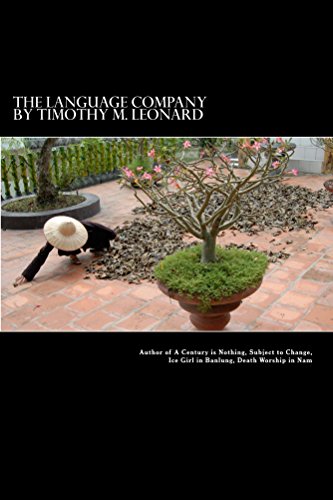






 Share Article
Share Article 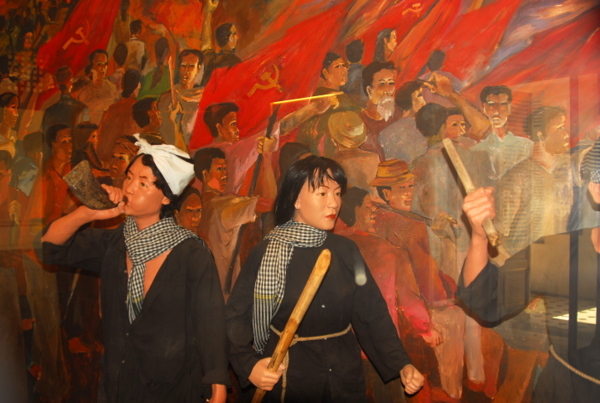
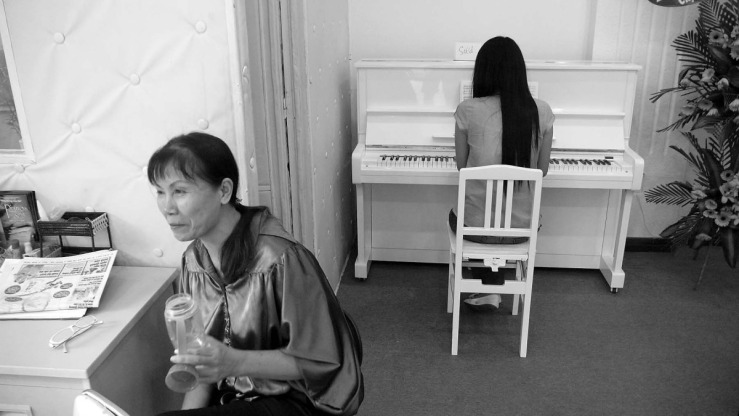
![Weaving A Life (Volume 1) by [Timothy Leonard]](https://m.media-amazon.com/images/I/517CcU3NQ1L.jpg)
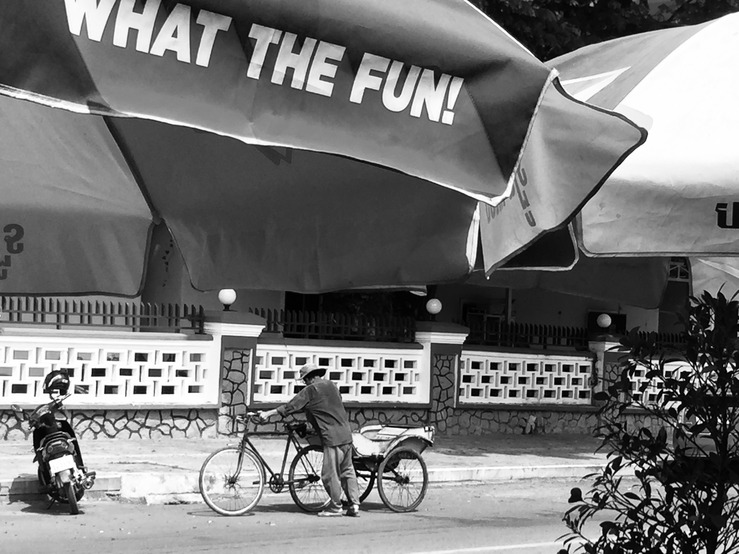

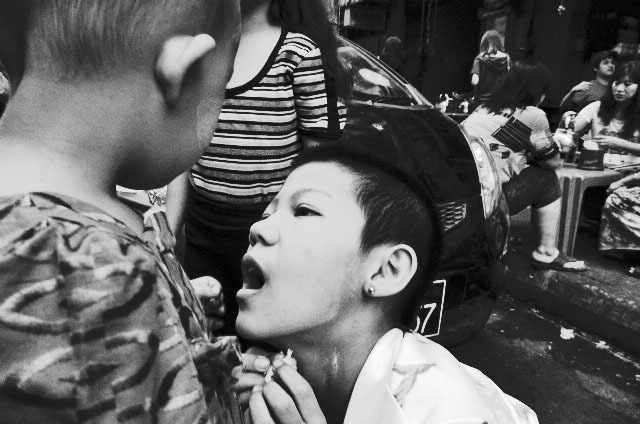
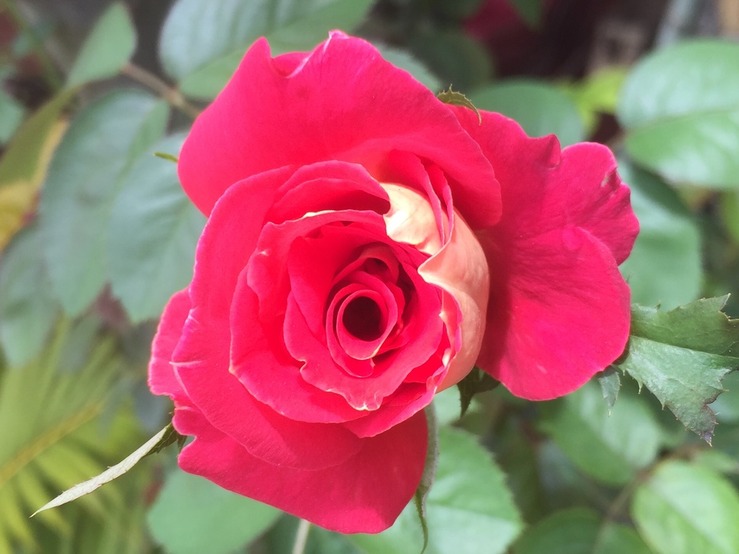
![A Century is Nothing by [Timothy Leonard]](https://m.media-amazon.com/images/I/512xA5ZTGsL.jpg)
